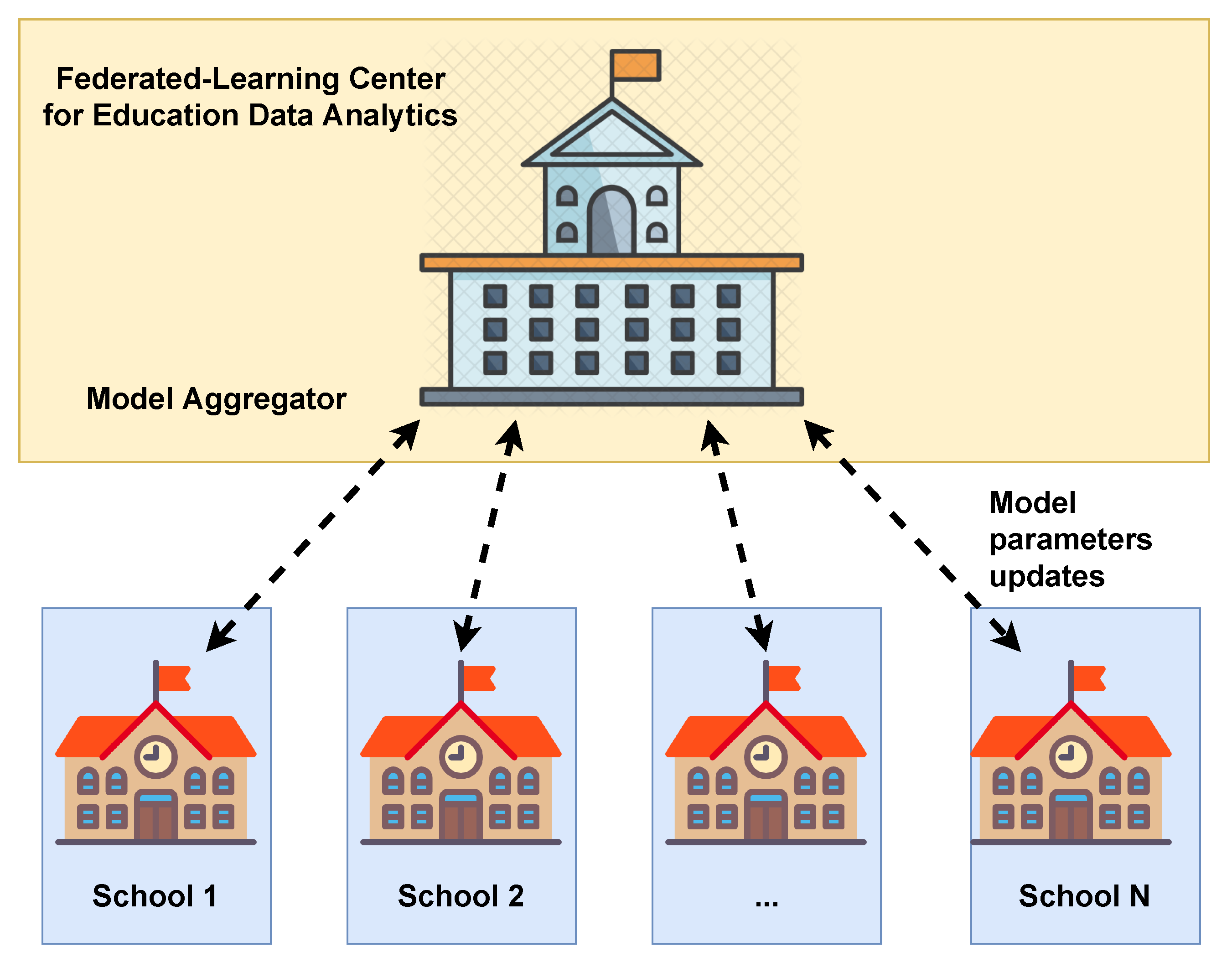
Transforming Insights into Action: Data Analytics in Education
In the ever-evolving field of education, the integration of data analytics has emerged as a powerful tool, transforming the way educators understand, adapt, and optimize the learning environment.
The Evolution of Educational Data Analytics
Educational data analytics involves the collection and analysis of student and institutional data to uncover meaningful insights. This practice has evolved significantly, leveraging technology to process vast amounts of data and extract actionable information. From tracking student performance to improving institutional efficiency, data analytics is reshaping the educational landscape.
Personalized Learning Paths through Data Insights
One of the primary benefits of data analytics in education is its ability to facilitate personalized learning paths. By analyzing individual student data, educators can identify strengths, weaknesses, and learning preferences. This information enables the customization of learning experiences, ensuring that each student receives targeted support to maximize their academic potential.
Predictive Analytics: Anticipating Student Needs
Predictive analytics is a game-changer in education. By examining historical data, it can forecast future trends and identify potential challenges. In the context of education, predictive analytics can anticipate students who may be at risk of falling behind, allowing educators to intervene early and implement targeted interventions to support their academic progress.
Enhancing Teacher Effectiveness through Insights
Educators themselves benefit from the insights provided by data analytics. Analysis of teaching methodologies, assessment results, and student engagement patterns can help identify effective teaching strategies. This information empowers educators to refine their approaches, adapt to the diverse needs of students, and continually improve the quality of education delivery.
Institutional Efficiency and Resource Allocation
Beyond the individual level, data analytics aids in optimizing institutional efficiency. From admissions to resource allocation, data-driven decision-making enhances administrative processes. Institutions can allocate resources more effectively, streamline operations, and identify areas for improvement, fostering a more productive and student-centric environment.
Challenges and Ethical Considerations
While data analytics offers tremendous potential, it is not without challenges. Privacy concerns, data security, and ethical considerations are paramount. Striking a balance between utilizing data for improvement and safeguarding individual privacy requires thoughtful policies and adherence to ethical standards in the collection, storage, and use of educational data.
Professional Development Informed by Data
Data analytics extends its impact to professional development within the educational community. Insights derived from data can inform tailored professional development programs for educators, ensuring they stay abreast of the latest teaching methodologies and technology integration strategies.
Preparing Students for the Digital Age
An essential aspect of education is preparing students for the demands of the digital age. Exposure to data analytics tools and concepts equips students with valuable skills for the workforce. Understanding how to interpret and leverage data is increasingly becoming a fundamental competency in various fields.
The Future of Data Analytics in Education
As technology continues to advance, the future of data analytics in education holds even greater promise. Machine learning algorithms, artificial intelligence, and advanced statistical models will further refine the accuracy and depth of insights. The integration of these technologies will continue to shape a more adaptive and responsive education system.
For in-depth exploration of Data Analytics in Education, visit resumelanguage.net to stay informed about the latest trends and applications shaping the educational landscape.
